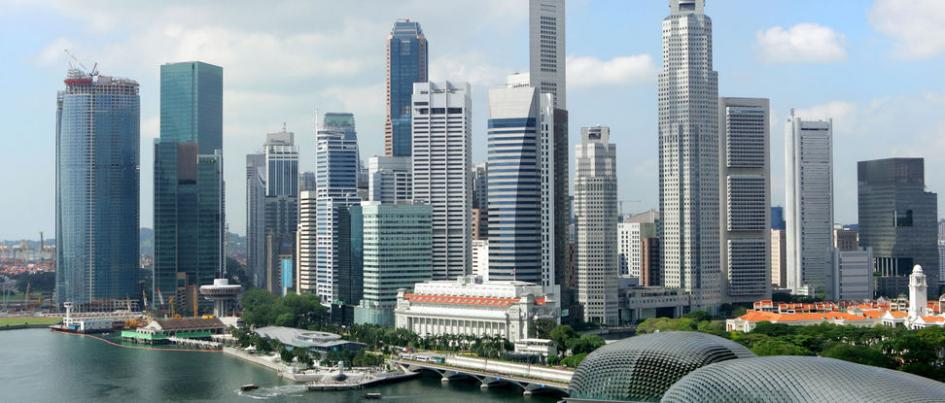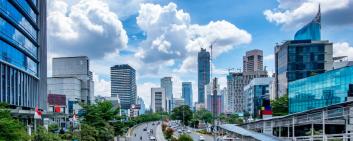1. Deepen and diversify international connections
Singapore wants to deepen and diversify its connections to multinational institutions in order to promote trade and investment. A paper published by the Committee on the Future Economy addresses intensifying trade relationships in the ASEAN countries, observing WTO guidelines and creating more bilateral and plurilateral cooperations. The goal is to reduce tariff and non-tariff trade barriers.
2. Acquire and utilize deep skills
Singapore has decided to more actively promote start-up businesses. One result of this is the new Research Innovation Enterprise 2020 Plan (RIE2020). The economic promotion measures are also intended to support businesses in the areas of internationalization and research and development. In addition, Singapore intends to simplify the regulatory framework for entrepreneurship and for claiming intellectual property rights.
3. Build strong digital capabilities
The focus of the strategy is to help businesses to develop new technologies. There is a strong emphasis on data collection and data security. Projects for promoting data science.
4. Develop a vibrant and connected city of opportunity
Singapore is already an important hub for the Southeast Asian region. The strategy provides a framework for further developing the infrastructure. Goals include expanding Changi Airport with a fifth terminal, constructing a cargo port in Tuas and building a Kuala Lumpur-Singapore high-speed rail line. Another goal is to develop a master plan for underground urban infrastructure and promote self-driving cars. New residential buildings and shopping centers are intended to make these new constructions livable.
5. Develop and implement Industry Transformation Maps
Industry Transformation Maps (ITMs) are intended to ensure that the various strategies are implemented coherently. ITMs are official committees that include representatives of 23 industries and act as platforms for implementing strategic goals.
6. Partner one another to enable growth and innovation
A central aspect of the strategy is to expand the chambers of commerce in order to strengthen international cooperation with Europe and the world. The strategy likewise includes a revision of taxation systems and regulations. In addition, measures are being introduced to increase the use of cleantech products and services in order to counteract the effects of climate change.
Country consultation Singapore
Register now to get advice from our experts about business opportunities in Singapore (public service).
Source: Singapore Times







